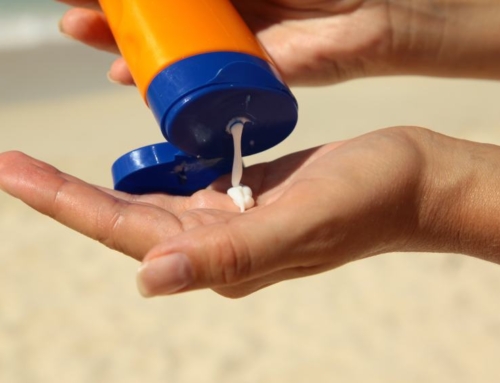I am seeing more and more people who have been told they have a fatty liver. While alcoholism, excessive acetaminophen use and some genetic conditions are all underlying causes these only account for a small portion of fatty liver disease. The real culprit is metabolic dysfunction. Hang on before I lose you… metabolic dysfunction includes the following:
- Overweight with a body mass Index (BMI) greater than 25
- Increased waist circumference: greater than 40 inches in men and 35 in women
- Increased blood pressure > 130/85
- Increased triglycerides > 150
- Decreased HDL cholesterol <40 for men and < 50 for women
- Blood sugar issues (Fasting glucose levels 100-125mg/dl, hemoglobin A1C 5.7-6.4%
- Increased insulin resistance score
- Elevated high-sensitivity CRP (hsCRP) > 2mg/L
Alcohol consumption is also associated with fatty liver disease and the amounts might just surprise you. The alcohol intake has been studied and the concern for alcohol related disease is a daily use of 2 ounces for women, 2.2 ounces for men or weekly totals of 12 ounces for women and 14 ounces for men. Those 3-4 drinks on the weekend suddenly add up don’t they? Some people can have issues with even smaller amounts and others seemingly have no issues (yet) with larger amounts.
Did you find yourself? Yes, all of these conditions can and will affect your liver if you don’t make some changes. READ ON to learn more about this condition and what you can do about it….
First, let’s clear up some terminology because this can be so confusing.
- NAFLD (non-alcoholic fatty liver disease or MAFLD (Metabolic dysfunction Associated Steatotic Liver Disease) – these are the same things. The MAFLD is a newer proposed name so you may hear both. These mean the liver has increased fatty tissue called hepatic steatosis.
- NASH (Non-Alcoholic SteatoHepatitis) or MASH (Metabolic Associated SteatoHepatitis) both mean the person has NAFLD/MAFLD but has progressive inflammation and liver cell damage.
- MetALD is metabolic dysfunction and increased alcohol intake
- ALD is Alcohol associated Liver Disease
- There are even more but this will give you the basics.
Fatty liver disease is often diagnosed by ultrasound. By the time the liver enzymes (ALT, AST) start to increase the process is already in full swing. The good news is you can actually stop this in its’ tracks and even reverse this process because the liver has an amazing capacity to heal itself…that is until the process has progressed to the point of actual liver damage.
Some studies suggest some other underlying causes like altered but microbiome (especially SIBO – small intestinal bowel overgrowth) and mitochondrial dysfunction.
Ready to reverse this process? So many things can help…
- Change your diet! The Mediterranean has been shown to be the best but there have also been good results with paleo, Nordic diet, DASH (dietary approaches to Stop hypertension) and ketogenic diet. Interestingly, the keto diet is more effected if men and post-menopausal women than premenopausal women.
- Meal timing: time restricted eating allowing for a minimum of 12 hours of fasting at night may help improve metabolic function. There is an increased risk for fatty liver associated with skipping breakfast, frequent or irregular meal patterns and increase calorie consumption at night after the evening meal.
- Supplements:
- Vitamin E in the form of R alpha tocopherol
- Optimize vitamin D
- Antioxidants like lipoic acid and NAC (N acetyl-cysteine).
- Nrf2 pathway activators like sulforaphane (broccoli), curcumin, resveratrol, ECGC)
- Omega 3 fatty acids – perhaps with high DHA but jury is still out so for now keep the EPA and DHA close to equal.
- Berberine – also great for lowering blood sugars, insulin resistance and even cholesterol.
- Bergamot – also great for lowering cholesterol (better than berberine)
- Milk thistle (Silymarin) – a heavily researched product usually found in most liver support supplements.
- Many more especially if they decrease inflammation.
- Exercise
- Fix the gut – even a probiotic has been shown to help!
- Decrease alcohol consumption
- Decrease use of medications that affect the liver like acetaminophen
If you met any of the criteria that I first listed or if you have been told you have fatty liver, it is time to make some changes!
To your health,
Laura









